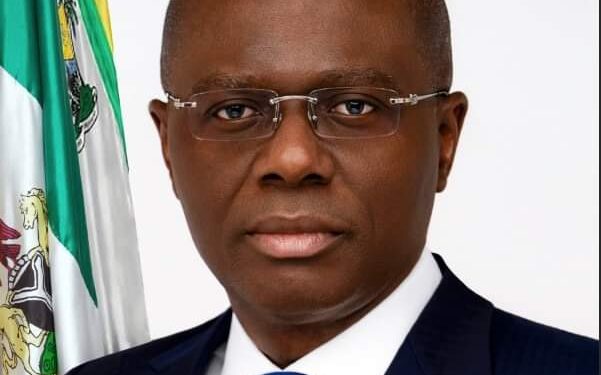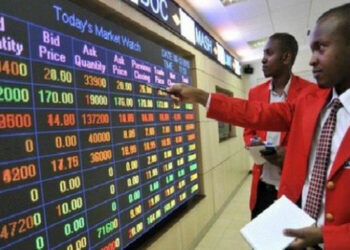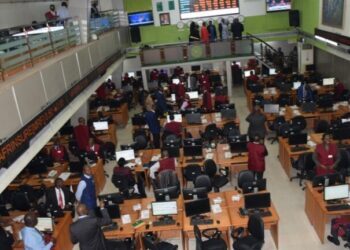The Lagos State Internal Revenue Service (LIRS) has announced the immediate deployment of an electronic system for the collection of hotel occupancy and restaurants consumption tax (HORCT).
In a public notice on Monday, Ayodele Subair, executive chairman of LIRS, said the new collection process called the ‘eco fiscal system’ (EFS) is an automated invoicing solution, designed to revolutionise the collection of consumption taxes in the state.
He said the EFS evolution aligns with LIRS’ commitment to building convenience into the payment of taxes and easing compliance with tax laws.
“This technological advancement marks a significant leap in our continuous efforts to enhance revenue collection, streamline processes, and improve efficiency in tax administration,” he said.
“It simplifies compliance and improves accuracy.”
Traditionally, Subair said the HORCT collection has been a tedious task for operators in the past, even as the manual process often led to errors, penalties, and increased costs.
But with the “cutting-edge” software, businesses can now automate and digitise their invoicing and collection processes, he said.
“Built with operators in this sector in mind, EFS offers real-time online consumption tax billing, collection monitoring, and instant issuance of receipts with a unique invoice number,” the LIRS boss said.
“It also reduces compliance costs, facilitates easy administration and reconciliation for HORCT collections, and fosters transparency.”
Subair said by adopting the EFS, businesses can ensure accurate calculations, eliminating the risk of mistakes associated with manual data entry.
He said the system automatically applies relevant tax rates, saving businesses valuable time and resources.
The software, according to the taxman, also provides secure and efficient record-keeping, simplifying audits and minimising compliance risks.
“Our goal is to empower businesses with innovative solutions that enhance their operational efficiency and minimize compliance challenges,” he said.
“Businesses can focus on their core operations, leaving the complex task of tax compliance to the reliable and automated system.”
Subair enjoined all operators in the hospitality sector to adopt the EFS.
He stressed that operations on the system take effect immediately and failure to comply is a contravention of the provisions in sections 7(1), 8, and 9 of the Hotel Occupancy and Restaurant Consumption Fiscalization Regulation 2017.
Subair also noted that the EFS is compatible with various e-commerce platforms and can seamlessly integrate with existing accounting systems, ensuring a smooth implementation process.
He added that LIRS officials would be visiting establishments in the hospitality industry, to integrate the software with existing systems and provide necessary assistance for a seamless transition to the EFS platform.











